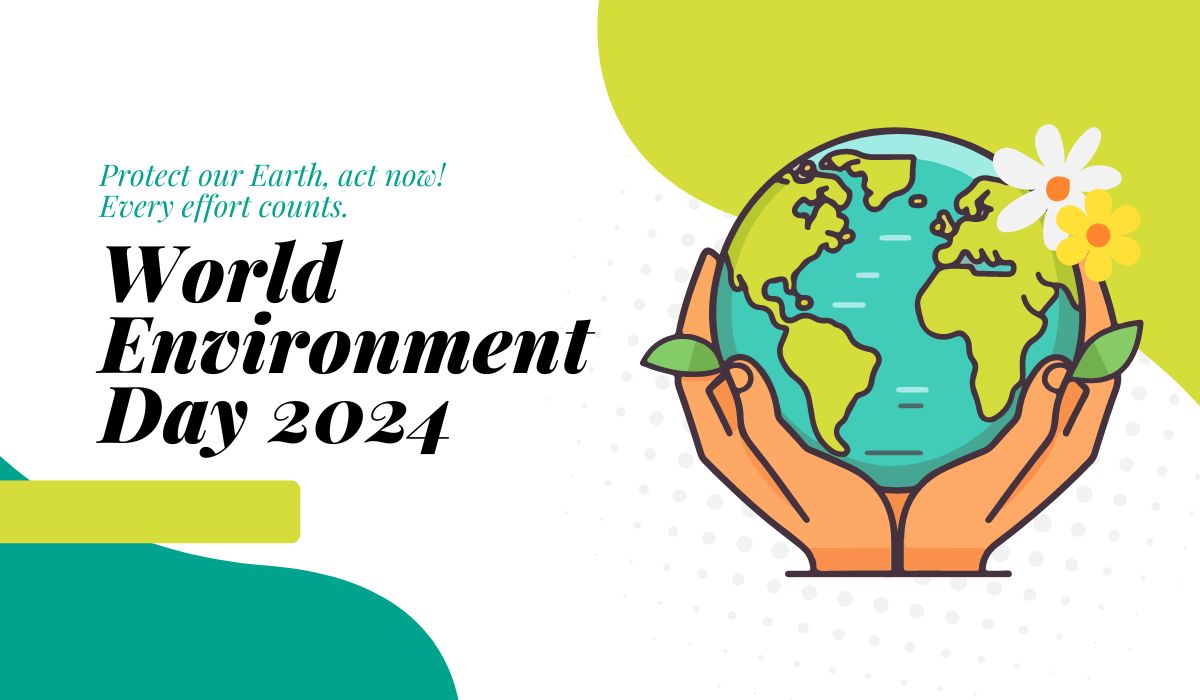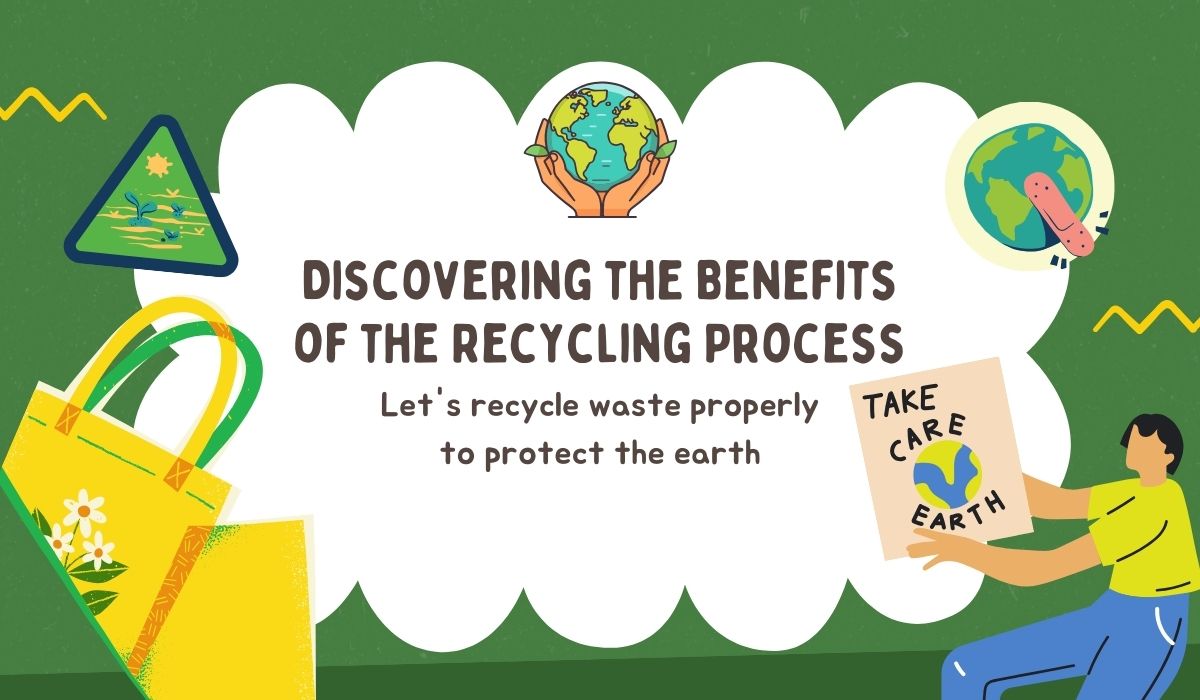World Environment Day, celebrated annually on June 5th, is a global event that aims to raise awareness about pressing environmental issues and inspire action for the protection and preservation of our planet. Established by the United Nations General Assembly in 1972, this day has grown into a platform for millions of people worldwide to advocate for environmental stewardship. As we mark World Environment Day 2024, it is crucial to reflect on the importance of this day, the current state of our environment, and the steps we need to take to ensure a sustainable future.
The Significance of World Environment Day
World Environment Day serves as a reminder of the intricate relationship between humanity and nature. It is a day to celebrate the achievements in environmental protection and to acknowledge the challenges that lie ahead. Each year, the United Nations selects a theme that highlights a specific environmental concern, aiming to focus global attention and drive actionable change. In 2024, the theme is “Restore Our Earth,” emphasizing the need to heal the damage done to our ecosystems and to promote sustainable practices.
This day is not just about raising awareness; it is about driving tangible actions. Governments, organizations, communities, and individuals come together to participate in various activities such as tree planting, clean-up campaigns, educational workshops, and policy discussions. These collective efforts aim to foster a sense of global solidarity and responsibility towards the environment.
Table of Contents
The Current State of Our Environment
As we celebrate World Environment Day 2024, it is essential to take stock of the current environmental challenges we face. Climate change, biodiversity loss, pollution, and deforestation are among the most critical issues threatening our planet’s health and stability.
1. Climate Change:
The Earth’s climate is changing at an unprecedented rate due to human activities, primarily the burning of fossil fuels and deforestation. The rise in global temperatures is leading to more frequent and severe weather events, melting ice caps, rising sea levels, and shifting ecosystems. The impacts of climate change are felt across the globe, affecting agriculture, water resources, health, and economies.
2. Biodiversity Loss:
The loss of biodiversity is another significant concern. Habitat destruction, pollution, overexploitation of resources, and climate change are driving many species to extinction at an alarming rate. Biodiversity is essential for ecosystem stability, human health, and economic prosperity. Protecting and restoring natural habitats is crucial for preserving the delicate balance of our ecosystems.
3. Pollution:
Pollution in its various forms air, water, and soil continues to pose serious threats to human health and the environment. Industrial activities, improper waste disposal, and the use of harmful chemicals are major contributors to pollution. Efforts to reduce pollution require stringent regulations, innovative technologies, and public awareness.
4. Deforestation:
Forests play a vital role in carbon sequestration, climate regulation, and biodiversity conservation. However, deforestation driven by agricultural expansion, logging, and urbanization is depleting these critical resources. Reforestation and sustainable forest management are essential strategies for mitigating climate change and preserving biodiversity.
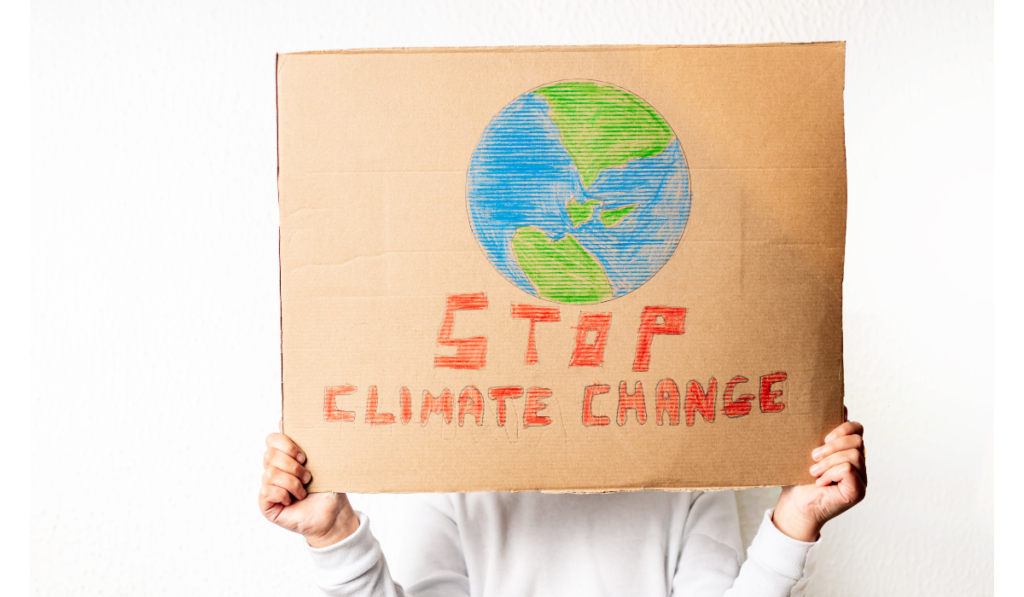
Actions for a Sustainable Future
To address these environmental challenges and achieve sustainability, concerted efforts are needed at all levels global, national, and individual. Here are some key actions that can make a significant difference:
1. Adopting Renewable Energy:
Transitioning from fossil fuels to renewable energy sources such as solar, wind, and hydropower is crucial for reducing greenhouse gas emissions and combating climate change. Governments and businesses should invest in renewable energy infrastructure, while individuals can support clean energy initiatives and adopt energy-efficient practices in their daily lives.
2. Sustainable Agriculture:
Agriculture is a major driver of deforestation and biodiversity loss. Sustainable farming practices, such as agroforestry, organic farming, and precision agriculture, can help reduce the environmental impact of food production. Consumers can support sustainable agriculture by choosing locally sourced, organic, and plant-based foods.
3. Reducing Waste:
The amount of waste generated globally is increasing, with plastic pollution being a particularly pressing issue. Reducing waste through recycling, composting, and minimizing single-use plastics can significantly lessen environmental harm. Governments should implement effective waste management policies, and individuals can practice the principles of reduce, reuse, and recycle.
4. Conserving Water:
Water scarcity is a growing concern in many parts of the world. Efficient water use, protection of water sources, and investment in water-saving technologies are essential for ensuring a sustainable water supply. Individuals can contribute by using water responsibly, fixing leaks, and supporting water conservation initiatives.
5. Protecting Natural Habitats:
Preserving and restoring natural habitats is vital for maintaining biodiversity and ecosystem services. Protected areas, wildlife corridors, and sustainable land-use planning can help conserve habitats. Communities can participate in habitat restoration projects and advocate for the protection of local natural areas.
6. Promoting Environmental Education:
Raising awareness and educating people about environmental issues and sustainable practices is crucial for fostering a culture of environmental stewardship. Schools, organizations, and media can play a significant role in disseminating knowledge and inspiring action. Individuals can educate themselves and others, participate in community events, and advocate for environmental education.
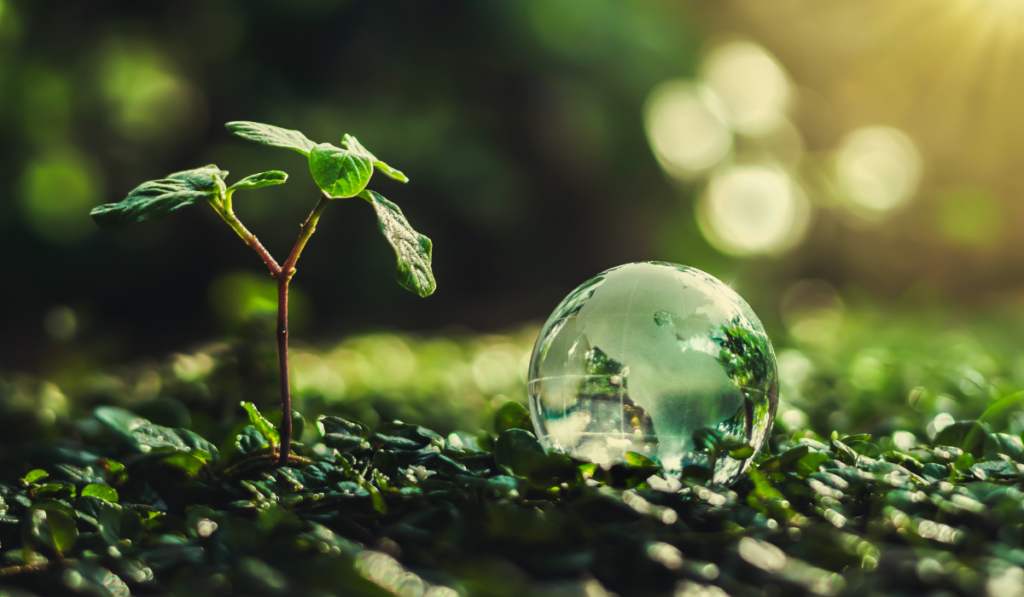
The Power of Small Acts
While large scale actions and policies are essential, the cumulative impact of individual actions cannot be underestimated. Every small act of environmental responsibility contributes to the larger goal of sustainability. Here are some simple yet impactful actions individuals can take:
1. Plant a Tree:
Trees absorb carbon dioxide, provide oxygen, and support biodiversity. Planting a tree is a simple act that has long-lasting benefits for the environment.
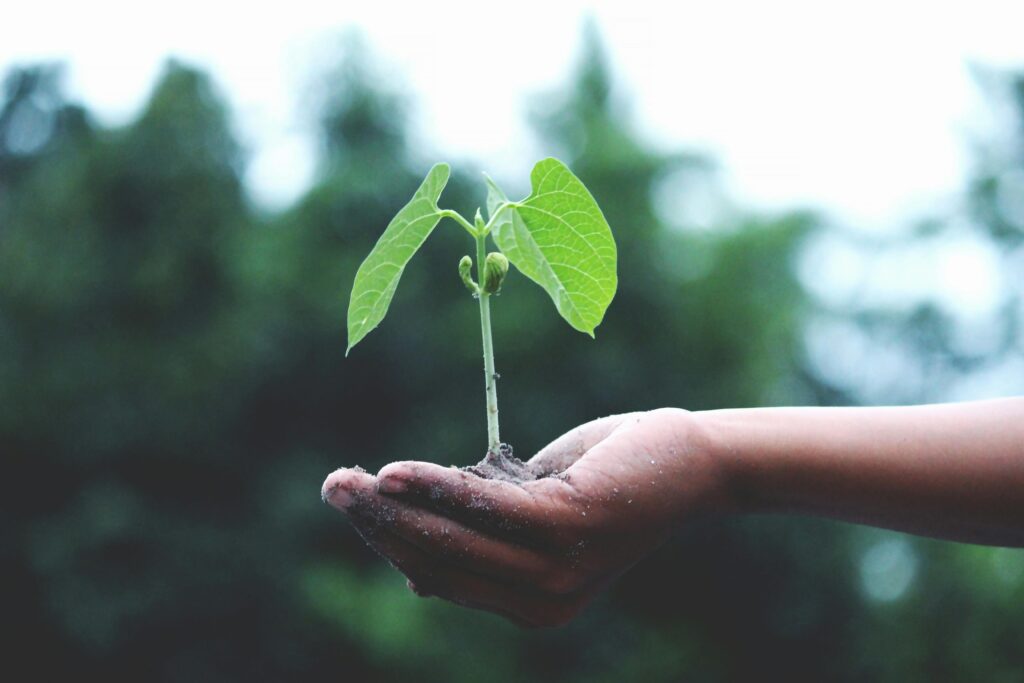
2. Reduce Energy Consumption:
Simple changes like turning off lights when not in use, using energy-efficient appliances, and reducing heating and cooling can lower energy consumption and reduce carbon footprints.
3. Support Sustainable Brands:
Choosing products from companies that prioritize sustainability, ethical practices, and environmental responsibility can drive positive change in the market.
4. Use Public Transportation:
Opting for public transportation, biking, walking, or carpooling can reduce greenhouse gas emissions and decrease traffic congestion.

5. Practice Minimalism:
Reducing consumption, avoiding unnecessary purchases, and embracing a minimalist lifestyle can decrease waste and lessen environmental impact.
6. Participate in Clean-Up Campaigns:
Joining local clean-up efforts helps keep communities clean, reduces pollution, and fosters a sense of environmental responsibility.

World Environment Day 2024 is a poignant reminder of our collective responsibility to protect and restore our planet. The theme “Restore Our Earth” calls for urgent action to address the environmental challenges we face and to implement sustainable practices. By adopting renewable energy, supporting sustainable agriculture, reducing waste, conserving water, protecting natural habitats, and promoting environmental education, we can make significant strides towards a sustainable future.
The power of small acts should not be underestimated. Each individual action, no matter how small, contributes to the larger goal of environmental stewardship. As we celebrate World Environment Day, let us commit to making positive changes in our lives and inspiring others to do the same. Together, we can create a healthier, more sustainable world for future generations.









